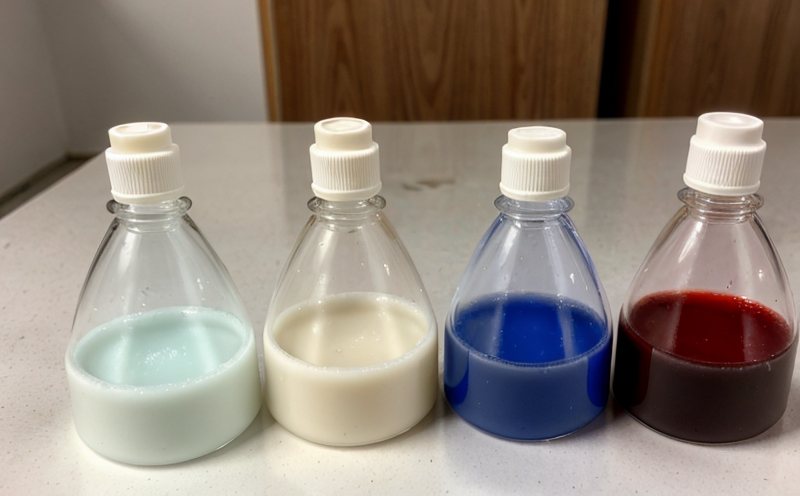Polystyrene Monomer Testing
Polystyrene monomers are fundamental building blocks in the production of polystyrene polymers, which find extensive use across various industries including packaging, electronics, and consumer goods. Polystyrene is known for its excellent mechanical properties, thermal stability, and ease of processing, making it a versatile material. Testing polystyrene monomers is crucial to ensure that they meet the required standards for polymer synthesis.
The process begins with the collection of monomer samples from production facilities or suppliers. These samples need to be representative of the batch being tested. Proper sampling ensures accurate results, which are vital for compliance and quality assurance. Once collected, the samples undergo rigorous testing in our state-of-the-art laboratory equipped with advanced analytical instruments.
Our testing protocols follow international standards such as ASTM D4217 and ISO 16039 to ensure consistency and reliability. The tests include a range of analyses such as boiling point determination, refractive index measurement, density assessment, and chemical composition analysis using techniques like GC-MS (Gas Chromatography-Mass Spectroscopy). These analyses help in identifying any impurities or deviations from the standard monomer specifications.
Quality control is a key aspect of our service. We employ highly trained technicians who use sophisticated equipment to perform these tests with precision and accuracy. Our analytical methods are validated against known reference materials, ensuring that we provide reliable data. This not only helps in maintaining product quality but also ensures compliance with industry regulations.
Understanding the chemical composition of polystyrene monomers is essential for optimizing polymer synthesis processes. By knowing exactly what goes into creating the final product, manufacturers can fine-tune their production methods to achieve desired properties like strength, flexibility, and durability. This testing also aids in identifying potential safety hazards early on, allowing for proactive measures to be taken.
Furthermore, this service supports research and development efforts by providing accurate data that can guide innovation. Engineers and scientists can use the insights gained from these tests to develop new formulations or improve existing ones. The ability to control raw material quality directly impacts end-product performance, making it a critical step in the manufacturing chain.
Our commitment to excellence extends beyond just conducting tests; we offer comprehensive reporting services that provide detailed analysis of each test result alongside recommendations for improvement if necessary. This ensures clients have all the information they need to make informed decisions about their products and processes.
Benefits
- Ensures compliance with international standards like ASTM D4217 and ISO 16039
- Aids in optimizing polymer synthesis processes for better product performance
- Identifies potential safety hazards early, enabling timely corrective actions
- Supports R&D efforts by providing accurate data that guides innovation





